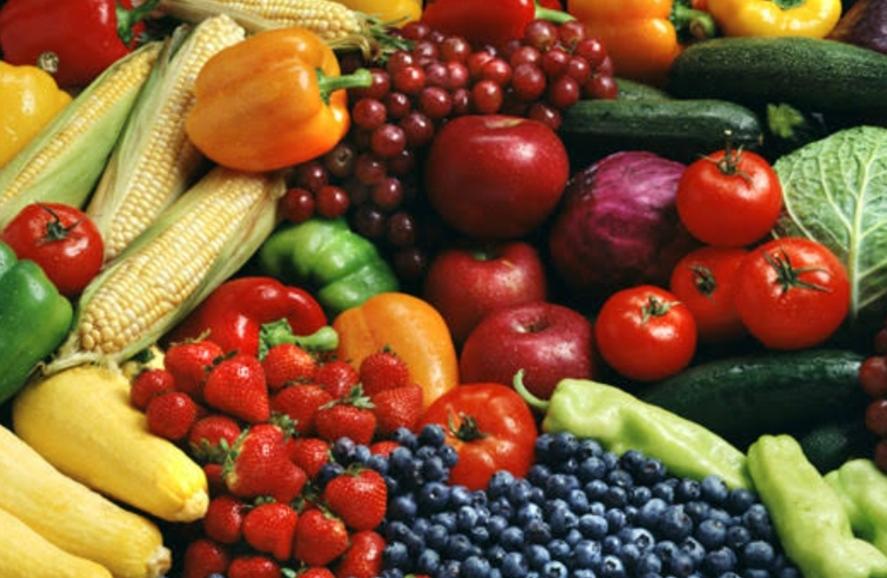In today's fast-paced world, the importance of a balanced diet cannot be overstated, and at the heart of this balance lie fruits and vegetables. These colorful, nutrient-packed foods not only add flavor and variety to our meals but also play a crucial role in promoting overall health and well-being.
Nutrient Powerhouses: Fruits and vegetables are rich in essential vitamins, minerals, and antioxidants that are vital for our body's daily functions. Vitamin C in citrus fruits boosts our immune system, while leafy greens like spinach provide iron for energy and metabolism. The variety ensures we get a wide range of nutrients to support different aspects of health.
Disease Prevention: Regular consumption of fruits and vegetables has been linked to a reduced risk of chronic diseases such as heart disease, stroke, and certain cancers. The antioxidants and phytochemicals found in these foods help protect our cells from damage caused by free radicals, thereby lowering inflammation and supporting overall cardiovascular health.
Fiber for Digestive Health: Fiber is abundant in fruits, vegetables, and whole grains, essential for maintaining a healthy digestive system. It promotes regular bowel movements, prevents constipation, and may reduce the risk of developing diverticulosis. Fiber also helps in controlling blood sugar levels and contributes to a feeling of fullness, aiding in weight management.
Skin and Hair Benefits: The vitamins and antioxidants present in fruits and vegetables contribute to healthy skin and hair. Vitamin A in sweet potatoes and carrots supports skin cell production, while vitamin E in nuts and seeds helps maintain skin elasticity. The hydration and antioxidants from fruits like berries and cucumbers also play a role in achieving glowing skin.
Hydration and Detoxification: Many fruits and vegetables have high water content, contributing to our daily hydration needs. Cucumbers, watermelon, and celery are particularly hydrating choices. Additionally, certain vegetables like broccoli, cabbage, and Brussels sprouts contain compounds that support liver detoxification processes, aiding in the removal of toxins from the body.
Weight Management: Incorporating fruits and vegetables into meals and snacks can help manage weight due to their low calorie and high nutrient density. They provide essential vitamins and minerals without adding excessive calories, making them a nutritious choice for those aiming to achieve or maintain a healthy weight.
Tips for Increasing Consumption: To reap the benefits of fruits and vegetables, aim to include a variety of colors and types in your diet. Incorporate them into meals as main dishes, sides, snacks, or even desserts. Fresh, frozen, canned (without added sugars or salt), and dried options all count towards your daily intake. Experiment with different cooking methods to find what you enjoy most, whether raw, steamed, grilled, or roasted.
In conclusion, fruits and vegetables are not just a recommended part of a healthy diet—they are essential for vibrant health and well-being. By making them a cornerstone of your meals and snacks, you are providing your body with the nutrients it needs to thrive, supporting everything from immunity to digestion and beyond. Embrace the diversity and richness of nature's bounty and enjoy the many benefits that fruits and vegetables bring to your life.

